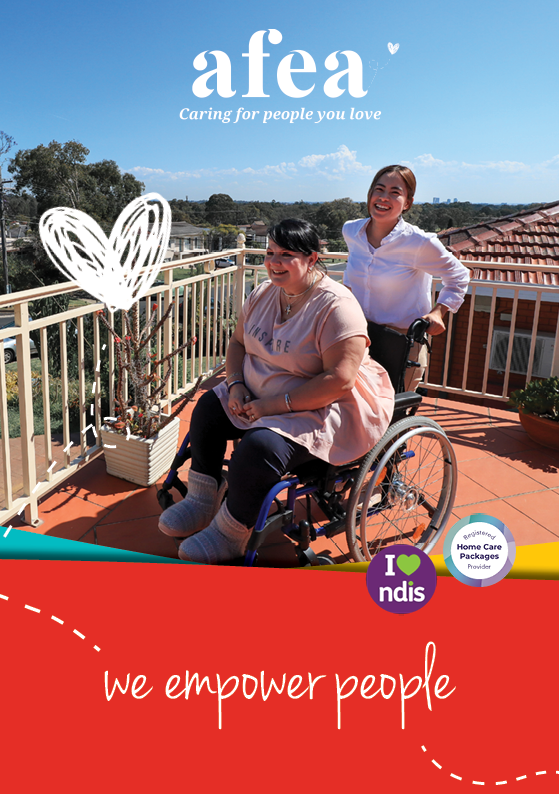Major structural reforms may be forthcoming for the decade-old Scheme
Bruce Bonyhady, co-chair of the National Disability Insurance Scheme Review Panel and one of the original architects of the NDIS, spoke in Newcastle on 22 August and provided a glimpse into how the NDIS may be reformed.
Newcastle was where then Prime Minister Kevin Rudd officially launched the NDIS in 2013.
The review panel is expected to hand down their final report in October. (You can read their Interim Report here from June 2023.)
“We must stop thinking of the NDIS as though it is a limitless Magic Pudding,” Professor Bonyhady told the community, referring to the 1918 children’s book. Unlike the never-ending pudding in the classic story, the NDIS is finite.
The federal government has already implemented an 8 percent growth target for the NDIS, which is significantly lower than the current rate of NDIS growth of around 14 percent a year.
“Ironically, governments – while funding the NDIS and worrying about its increasing costs – keep helping themselves to new slices of the NDIS,” he said.
Following are some of the Review’s recommendations:
Access to a foundational level of support
This was the three-tier system originally envisioned by the Productivity Commission when designing the NDIS:
- Tier 1: All Australians
- Tier 2: People with disability who do not need individualised support
- Tier 3: People with significant and permanent disability who required individualised support
To quote DSC:
All governments were meant to work towards creating an inclusive and accessible community for people in Tier 2, while the NDIS would provide individualised packages for people in Tier 3. Only, it didn’t exactly turn out that way. Governments started relying on the NDIS to deal with all things disability-related, and there were fewer and fewer services available to the many Australians with disability not eligible for the NDIS.
In response, the Review is considering abolishing the three-tier system and proposing a new system where all Australians with a disability will have access to a foundational level of support, which would include information and peer support.
A smaller number of people will also be able to access assistance with daily living supports, such as cooking, shopping and cleaning.
Individualised support packages will be built on top of this foundational package.
Defining what is ‘reasonable and necessary’
The Review is considering three key changes:
- Reasonable and necessary supports should be set at an overall package level, rather than by building a plan through line-by-line supports.
- Instead of being determined through functional impairment assessments, NDIS plans should consider what it would take for a person to actively participate in the community.
- The NDIA, rather than Local Area Coordinators (LACs), should determine what is reasonable and necessary. (The LACs draft most plans for NDIA approval.)
Other recommendations by the Review Panel include:
- A ‘complete and urgent rethink’ of early childhood intervention, including providing support to all children and families as a foundational support.
- Market reforms to enable better outcomes, innovation and quality for services provided to people with disability.
- Introduction of micro-credentials to workers to ensure they are adequately trained.
- Quality and safeguards system that has overview of the entire market and workforce, including unregistered providers.
Have your say in the future of the NDIS. Submissions close Friday 1 September 2023.
Sources:
NDIS Review to suggest major structural reforms (DSC)
Disability advocates in shock over Labor announcement of NDIS ‘growth target’ (ABC)















